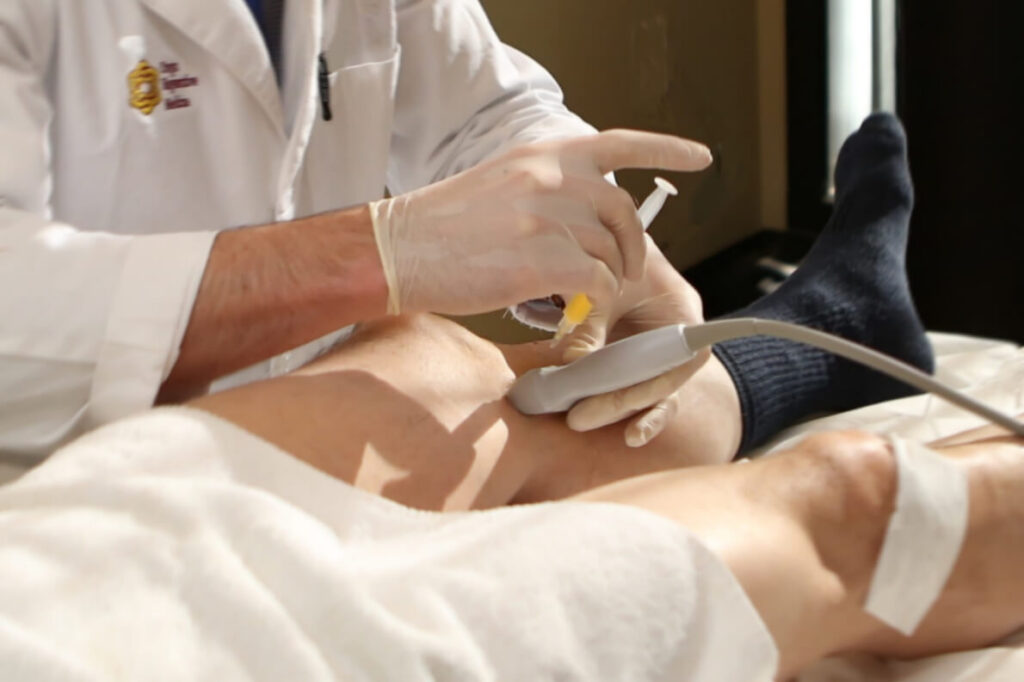Are you someone who reflexively reaches for the bottle of ibuprofen when you feel a twinge in your back? The common, ingrained recommendation to take NSAIDs (ibuprofen, Advil, Aleve, etc) for recently onset pain is under serious question. It may not only be ineffective, it may actually increase the chance that the new pain develops into an ongoing, chronic pain.
Anti-inflammatory medication increases risk of chronic pain
In a new study, researchers look at the effect of NSAIDs and steroids (both anti-inflammatory drugs) on the immune reaction to pain and how it changes the length of the pain. What they found was that in 98 participants with low back pain, the ones who had a strong inflammatory response initially didn’t develop chronic pain. Those who had a low inflammatory response initially couldn’t resolve the pain and it developed into chronic (beyond 3 months) pain. NSAIDs and steroids inhibit the inflammatory response. By utilizing these types of drugs to treat acute pain, the mechanism by which you heal is suppressed and developing chronic pain is much more likely.
Inflammation is how we heal
Inflammation is how we heal. It is the chain of reactions that occur to remove damaged tissue, bring in white blood cells, rebuild healthy tissue, and heal. Simply focusing on reducing inflammation when an injury or pain occurs is short-sighted and undercuts the body’s ability to do its job. This study continues to cement this idea, yet conventional guidelines lag far behind the evidence. NSAIDs are still used as a first-line therapy to treat any manner of injury and often more powerful steroids are recommended for conditions like acute low back pain. These are not evidence based recommendations. The reasons for this are likely the understandable push to use non-opioid pain relievers and the fact that there isn’t much else conventional medicine has to offer.

Regenerative injections address the root cause of chronic pain
Regenerative injection therapy is an excellent alternative to the NSAID-steroid route to help alleviate both acute and chronic pain. Instead of suppressing the body’s innate self-response, regenerative injection therapy magnifies and focuses it onto the specific tissues that need it. This is becoming recognized as a key tool to avoid and relieve chronic pain.
Say no to drugs
There is a time and place for NSAIDs and steroids, but it is much more narrow than what is currently being practiced. Next time a pain flares up anywhere in your body, remember that ibuprofen is probably not the answer you’re seeking. Even if something seems to help the pain in the short term, it may be to your disadvantage in the long run. Rely on non-drug solutions such as heat and movement. Remember that regenerative injection therapies may be the key to keeping you active and healthy over the entire length of your life.



